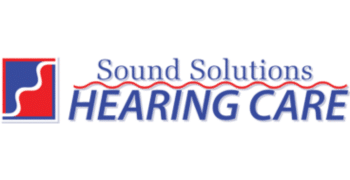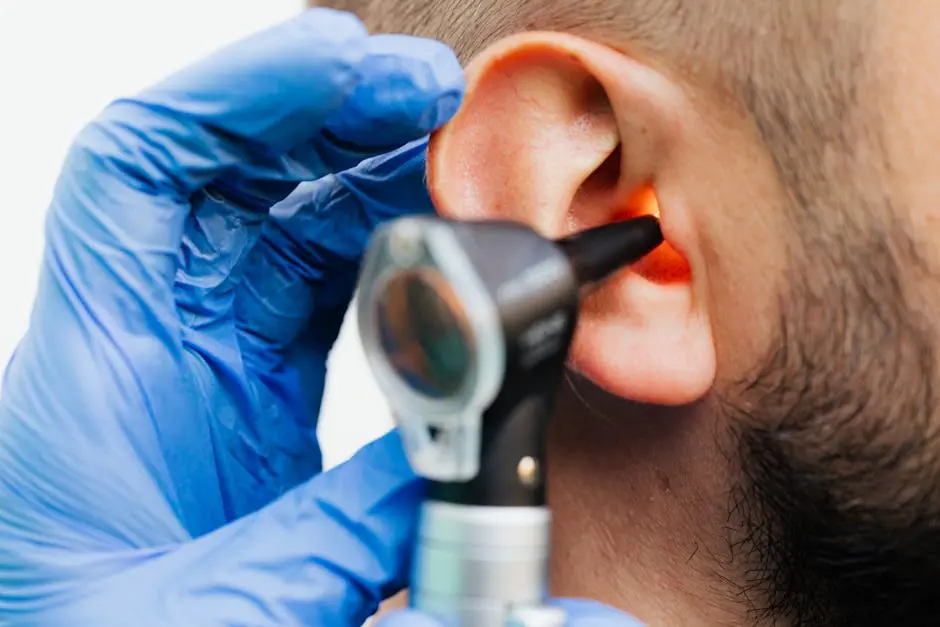Ear health is often overlooked, and with so much information available, it’s easy to fall victim to common myths. In this blog post, we’ll debunk some of the most persistent misconceptions about ear health and provide you with the knowledge you need to take better care of your ears.
Common Ear Myths and Their Truths
From misconceptions about cleaning to the effects of loud music, let’s explore some of the most common ear health myths and the truths that replace them.
One prevalent myth is that using cotton swabs to clean your ears is essential for maintaining ear hygiene. In reality, this can push earwax deeper, leading to blockages and even impacting your hearing.
Another widespread belief is that ear health concerns are only an issue for older adults. However, children and young adults are also susceptible to various ear problems, particularly from exposure to loud environments.
Additionally, many assume that ear infections can only happen during the cold winter months. In truth, ear infections are possible at any time of the year, particularly in children whose ear structures are still developing.
The Role of Earwax: Friend or Foe?
Earwax often gets a bad rap. Here we’ll discuss its actual role in ear health and why too much cleaning can be harmful.
Earwax, or cerumen, isn’t just a nuisance; it’s your body’s natural defense mechanism. It protects the ear canal from dust, dirt, and other foreign particles, preventing potential infections.
While some people feel the need to remove earwax entirely, it’s crucial to understand that a little earwax is actually beneficial. Over-cleaning can lead to dry skin, irritation, and even infections in the ear canal.
Understanding the balance is key. If you notice an excessive buildup that affects your hearing or causes discomfort, it’s best to consult a healthcare professional rather than attempting to remove it yourself.
Impact of Hearing Aids on Ear Health
Many people fear that using hearing aids can lead to further hearing loss. We’ll clarify the benefits of hearing aids and how they can actually improve ear health.
Contrary to common misconceptions, hearing aids do not cause additional hearing loss. Instead, they are designed to amplify sounds and make hearing easier for those with hearing impairments.
Using hearing aids appropriately can reduce strain on your ears, improving your overall auditory experience. By keeping your auditory pathways engaged, you enhance your brain’s understanding of sound and prevent further decline.
It’s essential to choose the right type of device tailored to your specific hearing loss. Regular consultations with an audiologist will ensure your aids remain effective and comfortable.
Loud Sounds and Their Long-term Effects
Let’s break down how exposure to loud sounds can impact your hearing over time and what you can do to protect your ears.
One of the clearest dangers to ear health is prolonged exposure to loud sounds, whether from concerts, machinery, or even personal audio devices. The damage may not be immediately noticeable, but the cumulative effects can be profound.
Research suggests that recurring exposure to noises above 85 decibels can lead to irreversible hearing loss. It’s crucial to recognize risky environments and take protective measures, such as wearing earplugs.
Taking breaks from loud environments can also aid in ear recovery. Your ears, like any other part of your body, need rest after being strained. Awareness and proactive care are your best defenses.
Myth-Busting: Swimming with Earplugs
Swimming is often a cause for concern when it comes to ear health. Here we’ll discuss whether swimming with earplugs is truly necessary or just a myth.
Many people believe that swimming without earplugs can lead to ear infections or even swimmer’s ear. While moisture can contribute to infections, the type of water and individual ear anatomy play significant roles in determining risk.
For some, wearing earplugs can help prevent water from entering the ear canal. However, it’s not a necessity for everyone. If you’re prone to ear infections or have had previous issues, earplugs might be a good idea.
Ultimately, staying informed about your own ear health and assessing your risks will help you make the best decision. Engaging in preventive practices, like drying your ears thoroughly after swimming, can often be sufficient.
Final Thoughts on Ear Health
Understanding the facts about ear health is essential for maintaining good hearing and overall well-being. By debunking these myths, we hope to empower you to make informed decisions about your ear care. Remember, when in doubt, consult a healthcare professional for personalized advice.




